Critically endangered species are those facing a HIGH risk of becoming EXTINCT!
The International Union for the Conservation of Nature (IUCN) Grouper and Wrasses Specialist Group has classified 13% of the grouper species assessed to date as threatened (i.e. critically endangered, endangered or vulnerable) and 14% as near threatened.nAmongst this list is the Nassau grouper, which has seen drastic reductions in abundance throughout its native range which includes, The Bahamas, Caribbean and part of the Gulf of Mexico.
The CLOSED season (Dec 1 – Feb 28) is one of the management measures that can help to rebuild Nassau grouper populations. It has been designed to protect them during the months when they migrate to and from home reefs to spawning aggregations to breed or reproduce. Check out our latest poster below, created with our conservation partner Friends of the Environment, to learn about the conservation status of Nassau grouper and how you can help to save this CRITICALLY ENDANGERED species.
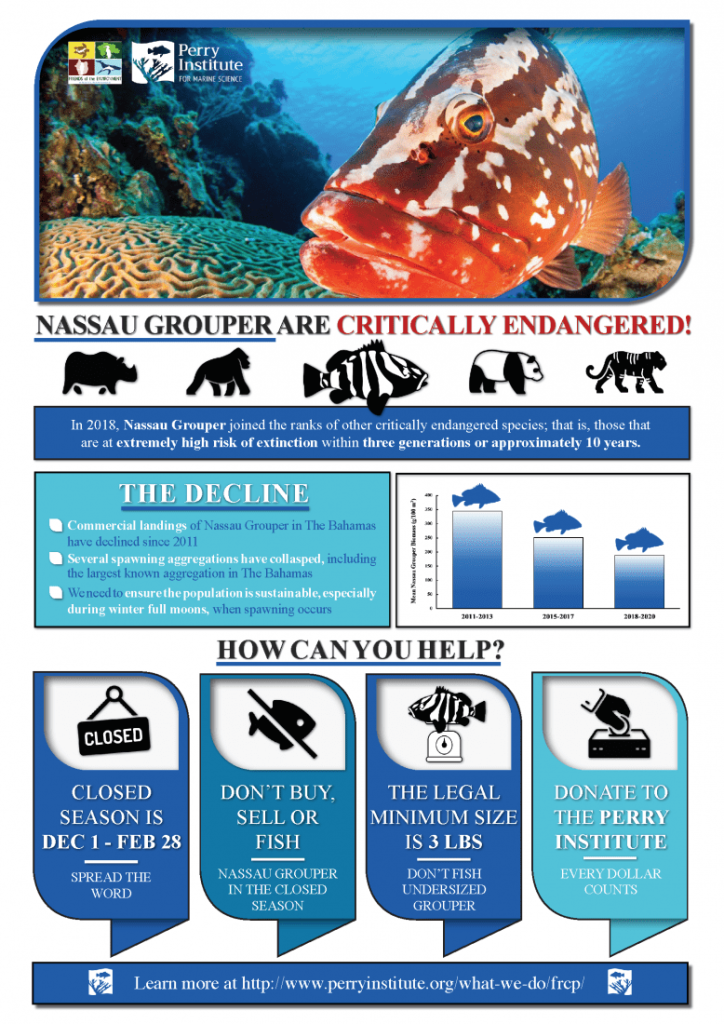

Build a Coral Reef for the Holidays | PIMS x Partanna
PIMS is partnering with Partanna to build a 100m² carbon-negative reef. Rick Fox is matching donations up to $25k. Help us build a sanctuary for the future.
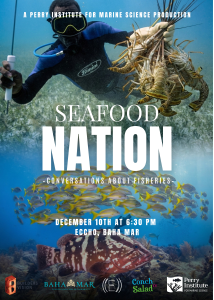
“Seafood Nation” Documentary Premiere Explores the Heart of Bahamian Culture and the Future of Fisheries
NASSAU, The Bahamas | December 5, 2025 – From the bustling stalls of Potter’s Cay to family kitchen tables across the archipelago, seafood is far more than just sustenance in
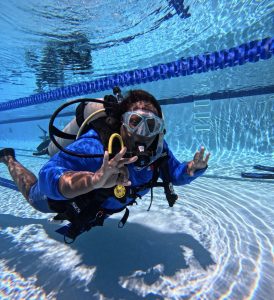
PIMS and Disney Conservation Fund Partner to Train 19 Government Divers
PIMS dive training in Nassau strengthened national coral restoration capacity across government agencies. Bahamas Dive Training Builds National Coral Restoration Capacity Last fall, between the months of September and October,
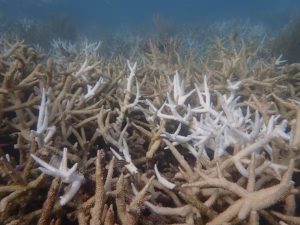
Florida’s Coral Reef Crossed a Line: What Functional Extinction Really Means for Elkhorn and Staghorn Corals
Reefs didn’t just bleach. They functionally vanished in one summer. A new Science study co-authored by researchers from the Perry Institute for Marine Science (PIMS) has found that Florida’s two
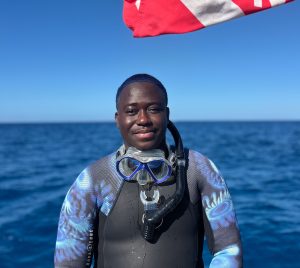
Q&A: Understanding the IDC Course at PIMS with Duran Mitchell
A former aquarist turned coral conservationist, Duran is passionate about understanding how all marine life connects. PIMS & IDC: Empowering New Dive Instructors for Marine Conservation PIMS & IDC: Empowering
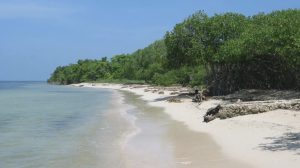
Forbes Shines a Spotlight on Coral Reef Restoration in the Caribbean
When Forbes highlights coral reef restoration, it signals something powerful: the world is paying attention to the urgent fight to protect reefs. And solutions are within reach. Recently, Forbes featured Dr. Valeria


